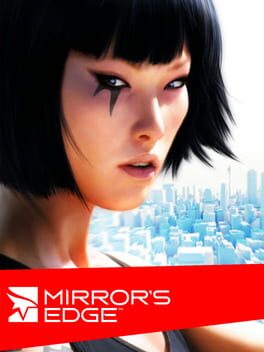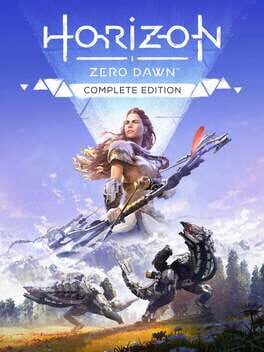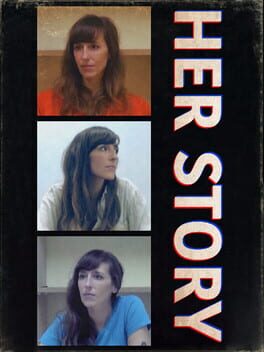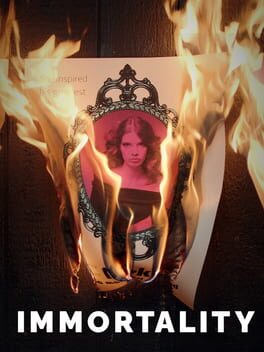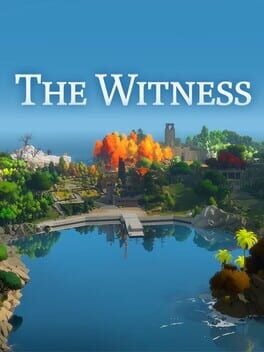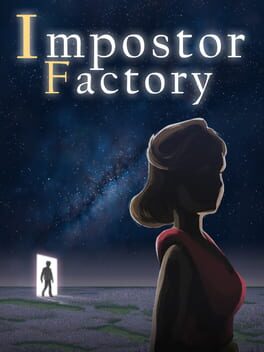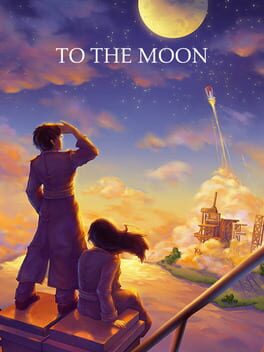Dr_Iggs
2008
2015
2022
2016
I've heard comparisons to Bach's "The Art of Fugue". It takes a singular idea and twists it in a thousand different ways, until the final work becomes less a piece of work within its chosen medium (whether organ music or puzzle games) than a microcosm of that entire medium, a grand exploration of the entire possibility space. The final mountain sequence is one of the most genius pieces of game design I've ever seen.
2019
2021
2011
